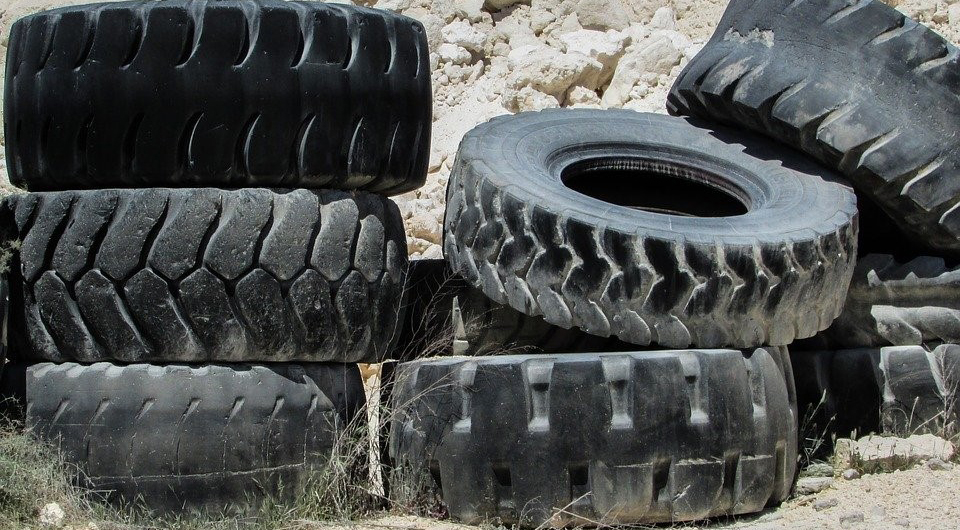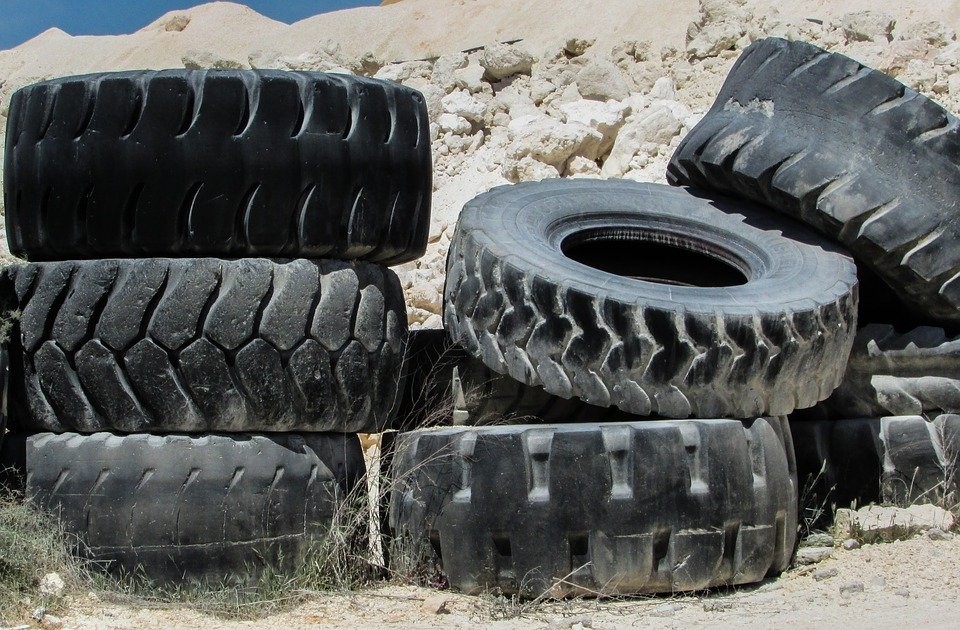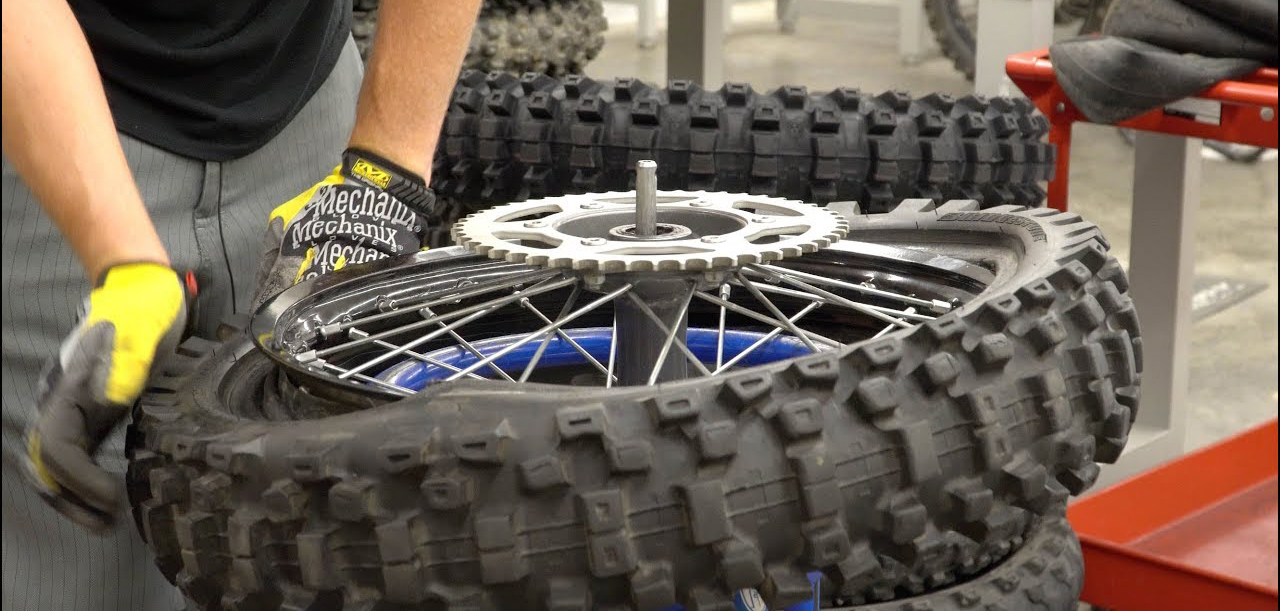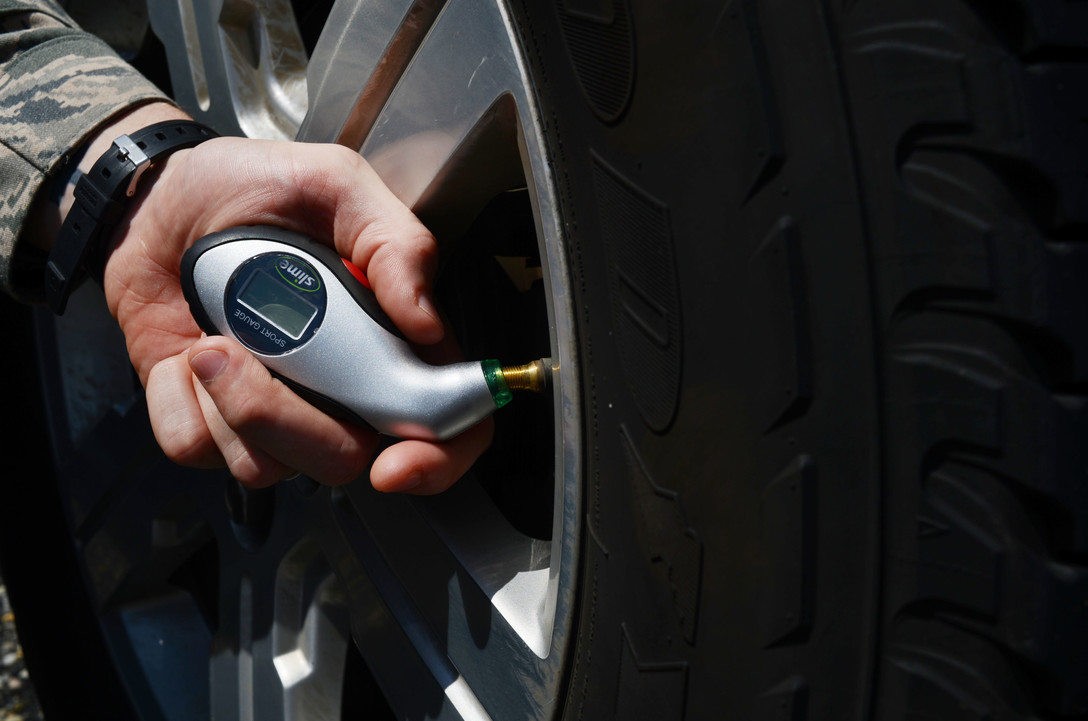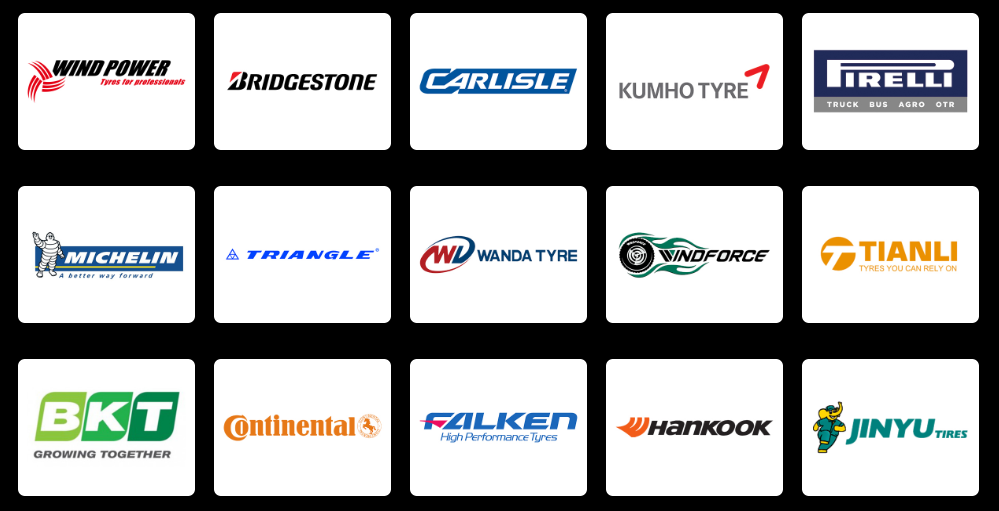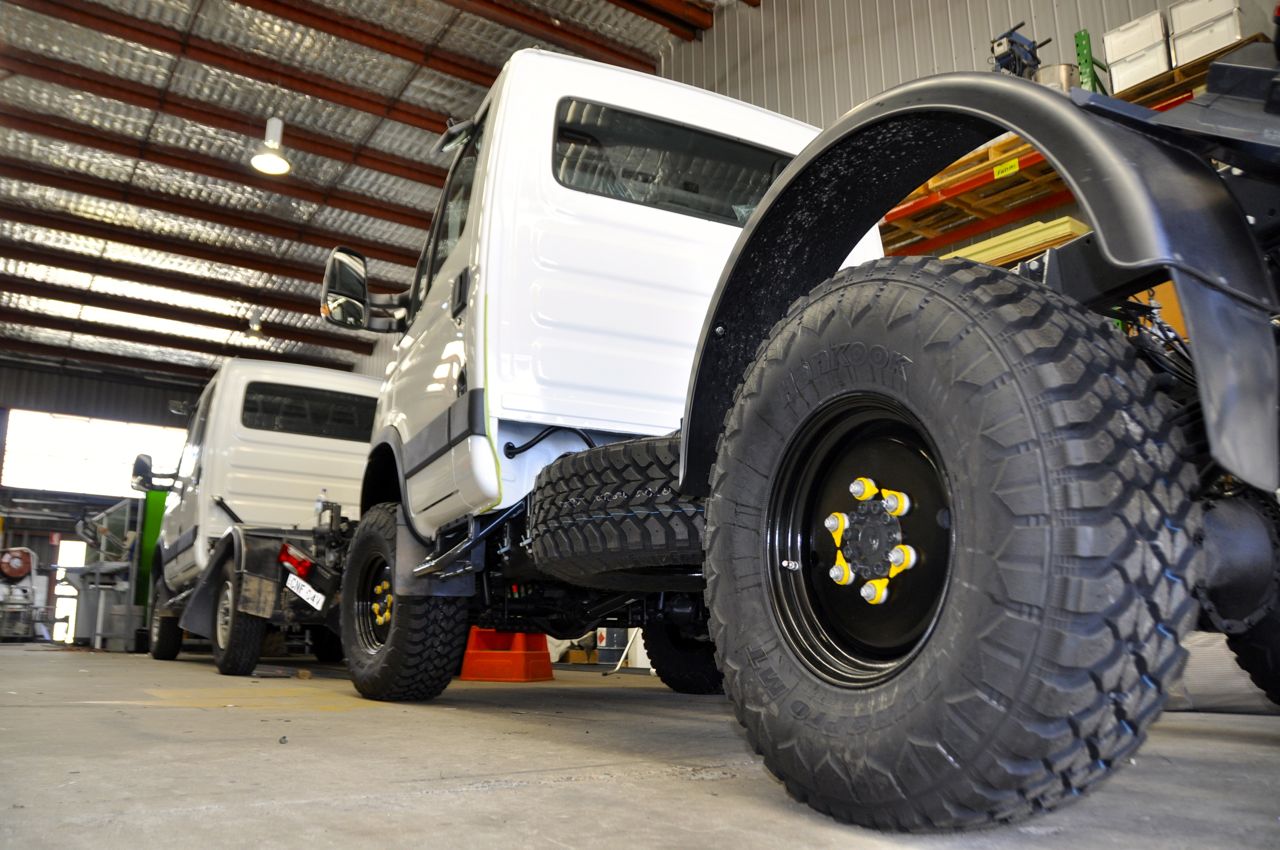
Truck tyres wearing out too soon is a common problem for truck owners. Long-haul trucks are frequently used for a long journey to transport goods from one place to another. It challenges the durability of the tyre itself.
The durability wouldn’t be an issue if all the roads were smooth and maintained enough to drive at a fairly constant speed. However, the fact is your truck tyres needs to deal with a range of surface at a range of speeds. The way you treat your truck and the conditions it is have exposed to plays a crucial role in determining the lifespan of its tyres. It is also one of the main reasons why truck tyres don’t last as long regardless of what the manufacturer claims.
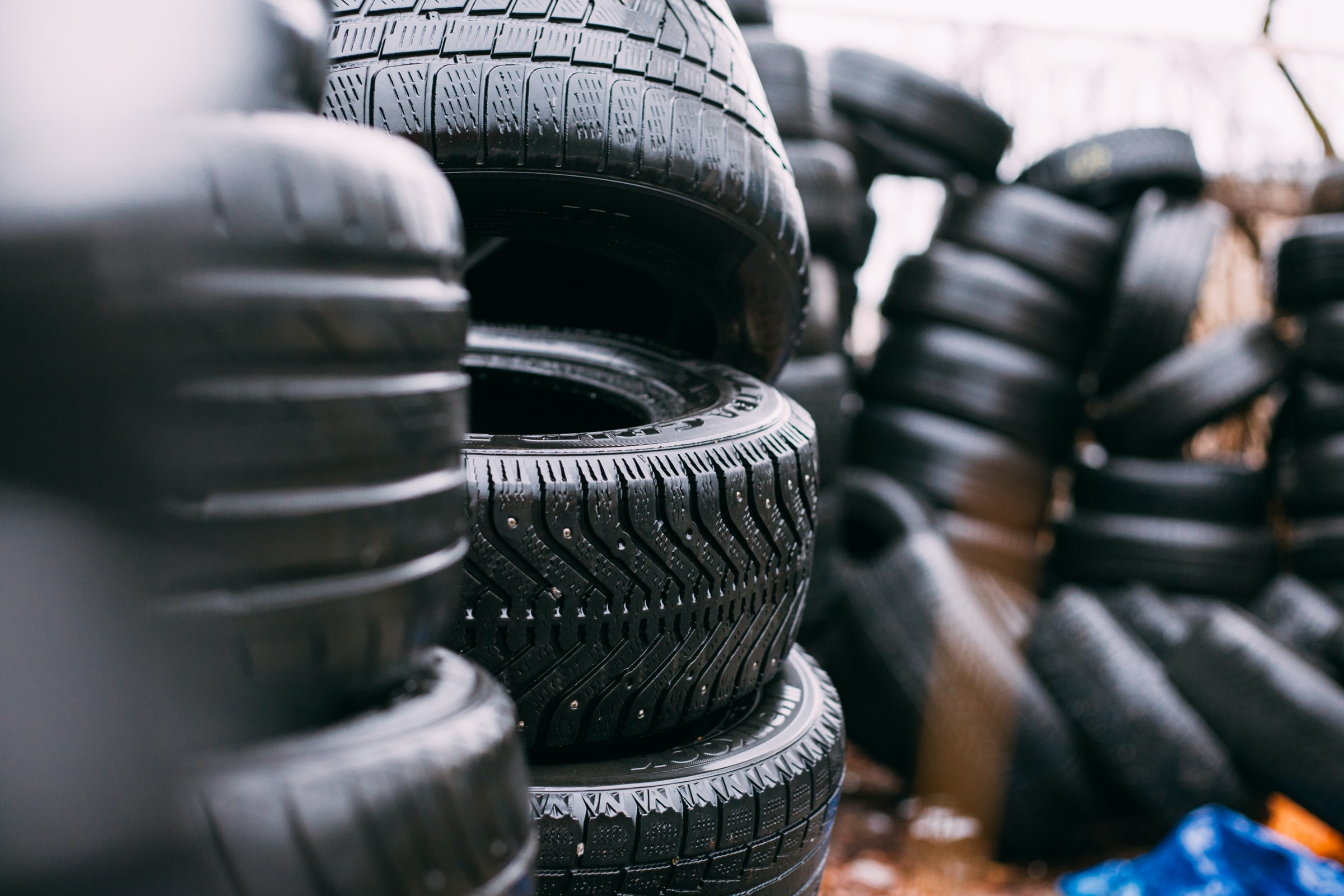
Tyres are a huge investment for every truck owner, and a long-lasting tyre can save you a lot of money by minimising maintenance and replacement costs. Due to which, there is always a high demand for highly durable and trustworthy truck tyres.
So, how can you improve the life of your truck tyres? Find out some essential tips from a professional on improving the durability of the truck tyres.
1. Always Perform Pre-Trip Inspections
Pre-Trip inspection – this is something every truck driver/owner should do. Apart from monthly tyre checkups, you need to perform a quick tyre inspection before every trip.
Look to see if there is any irregular tire wear, run your hand over each tire to ensure there are not any abnormalities. Measure the tyre pressure, to check if they have the recommended air pressure. This will not only make the tyre last longer, but also help with fuel economy over those long hauls.
A pre-trip inspection is always better to do before you hit the highway to minimise damage and improve your truck’s tyre health.
2. Regularly Rotate the Tires
Like any other vehicle, you should always rotate your truck tyres after every 6,000-8,000 miles. It helps to distribute the tread wear evenly on every tyre and help them last longer. Lack of rotation is the reason why the rear tires of commercial trucks usually wear out faster compared to those in the front.
3. Proper Alignment of the Wheels
Wheel alignment is another major factor that determines tyre health. If your truck’s wheels are not correctly aligned, they will usually wear out much quicker and unevenly, than they would if they were correctly aligned.
It’s not that difficult to identify if your wheels are out of alignment. Check if the steering wheel is off-centre and if it pulls to one side, you will also notice an increase in vibration even while driving on a highway. So make sure the wheels are appropriately aligned.
4. Practice Smart Driving Habits
One of the most significant factors that reduces tyre life drastically is the driver’s habits. Accelerate too quickly, drive over the speed limit or slamming on the brakes too hard; these are some dangerous practices which will wear out your tyres quickly.
Speeding on rough haul roads and in corners is also something you need to avoid, it can severely damage the sidewalls of the tyre. Although the impact might not seem immediate but will ultimately wear out the tyre sooner.
Before you do any of this you need to start with a reliable truck tyre. When looking for reliable and durable Truck Tyres, turn to Oceanic Direct to meet all of your truck tyre needs. Oceanic Direct is one of the leading tyre suppliers in Australia. They offer a substantial range of high-quality four-wheel drive, truck and trailer tyres in Australia.
If you are willing to buy high-quality yet affordable truck tyres in Australia, get in touch with Oceanic Direct
